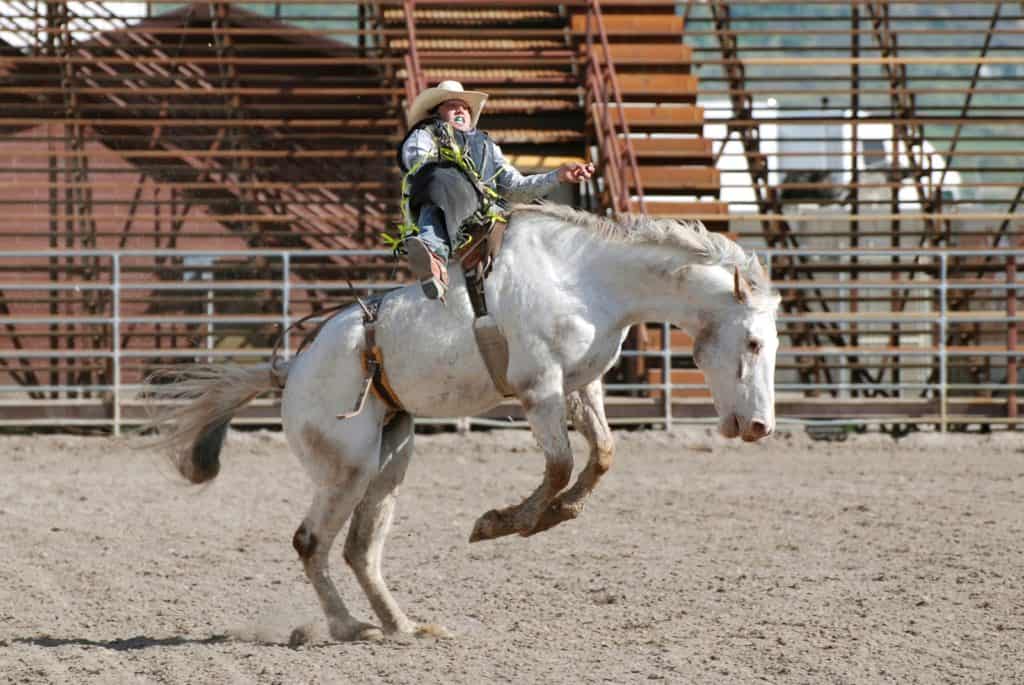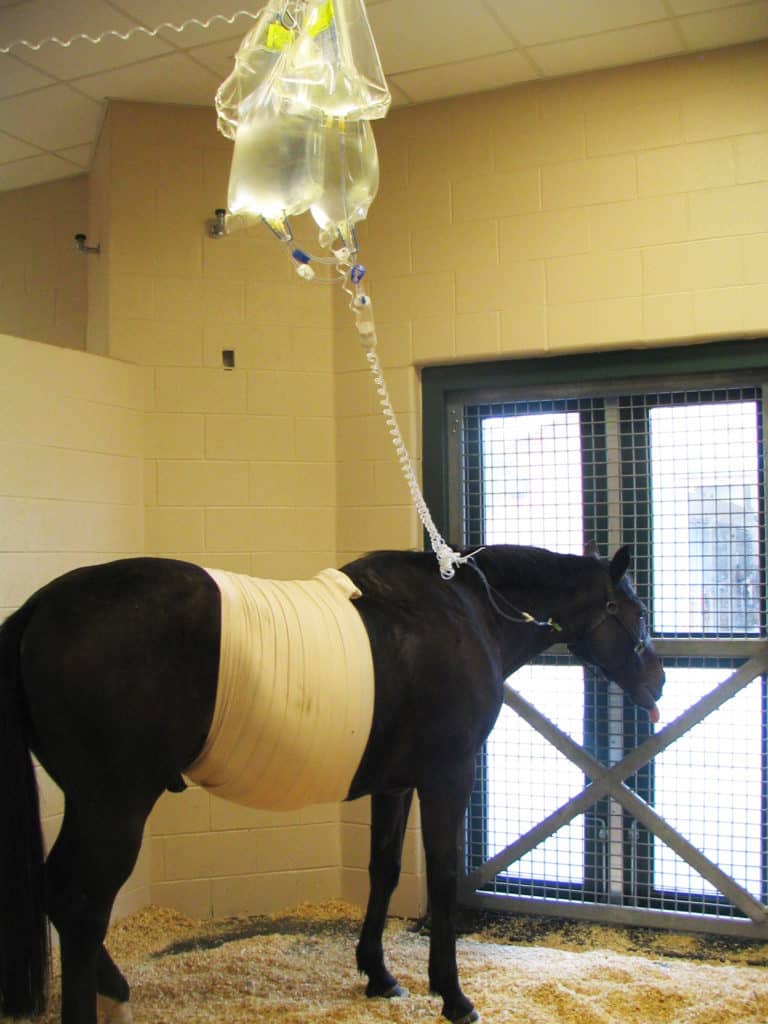
Annual Wellness Exams for Horses
Wellness care can result in a healthier, longer life for the horse at a more predictable and manageable cost for the owner.

Wellness care can result in a healthier, longer life for the horse at a more predictable and manageable cost for the owner.

Why are there so many equine infectious anemia cases in the news, and how can you protect your horse from this deadly disease?

Learn more about the equine athletes that compete at rodeo events, the types of injuries they are prone to, and how veterinarians nurse them back to health.

Learn how veterinarians are helping the working equids of the developing world and their owners. In this article, Dr. Ashleigh Leighton Kornatowski shares a behind-the-scenes look at a typical day on an equitarian trip.

Purchasing a horse is primarily about risk assessment, which is why prepurchase exams are so important. Here are some things to keep in mind.

Texas-based farrier David Gilliam hopes his new nonprofit, Equine Soundness Professionals, will help improve horse health by promoting increased collaboration between farriers and veterinarians.

Being well-prepared for colic could mean the difference between life and death for your horse. Here’s what you need to know.

Dr. Kyla Ortved explains how bisphosphonate drugs work, their use in human medicine, and how they can help horses with navicular syndrome.

Learn why antibiotics are used to treat certain infections in horses and how you can help prevent antibiotic resistance.

Dr. Jacquelin Boggs shares why horses need a rabies vaccine every year and how long vaccines protect horses in general.

Dr. Elizabeth Davis explains how experts selected the vaccines every horse should receive.

Equine researchers have begun studying the concept of whole-body inflammation because of its links to a variety of health problems, including “leaky gut syndrome”; musculoskeletal injury risk; and equine metabolic syndrome, insulin resistance, and laminitis.

Learn about the core vaccines recommended by the American Association of Equine Practitioners and the five deadly diseases they prevent.

Researchers found that very ill horses with high glucose and insulin levels were more likely to survive, while those with high glucose but low insulin were more likely to die.

Fall is a great time of year to have your veterinarian perform a wellness check on your horse, including but not limited to a physical exam, an oral exam, vaccinations, and/or a lameness exam.

Dr. Joe Lyman of Neogen explains what you should do if you suspect your horse as acquired an infectious disease.
Stay on top of the most recent Horse Health news with
"*" indicates required fields